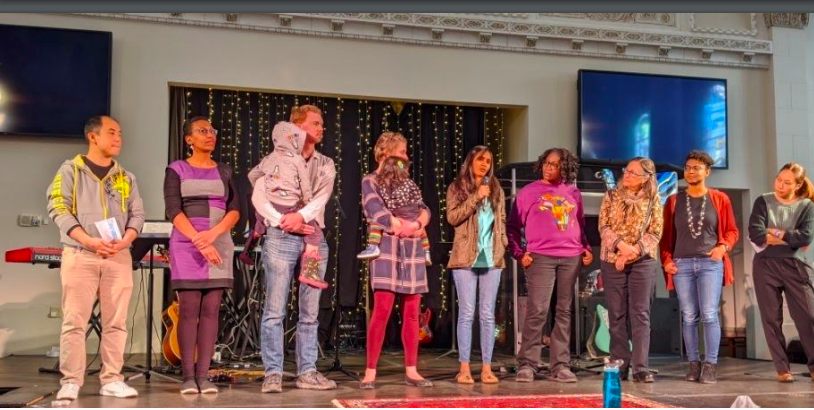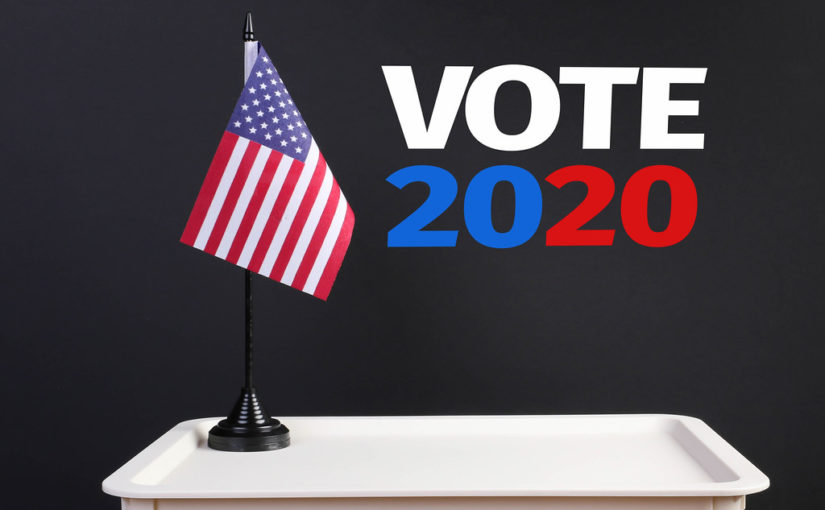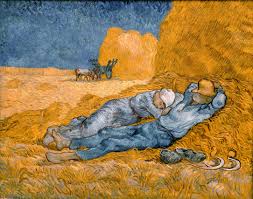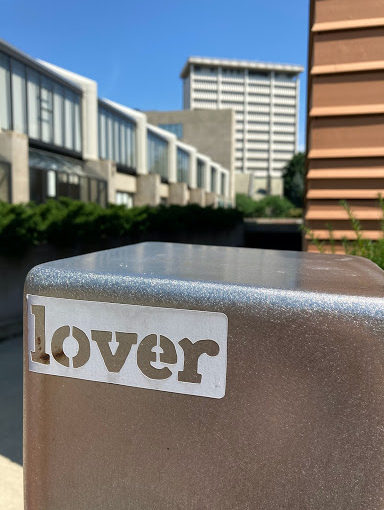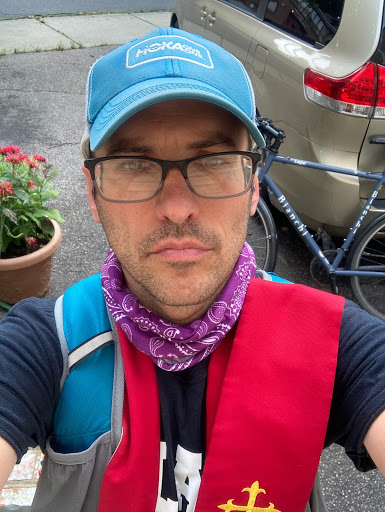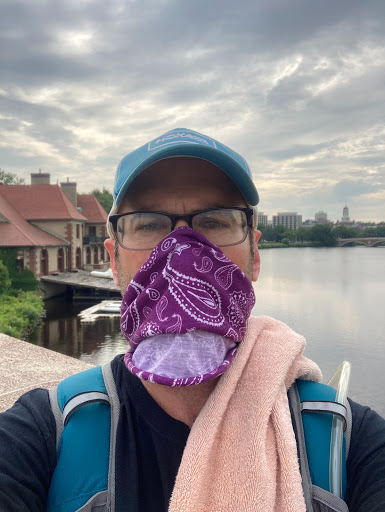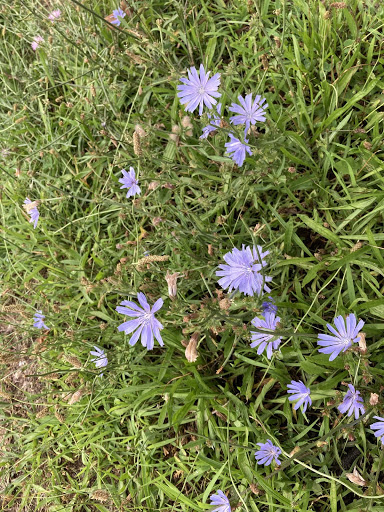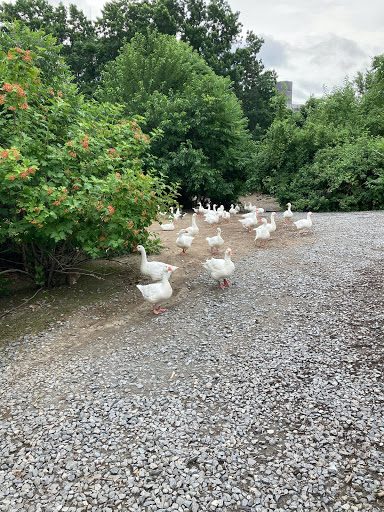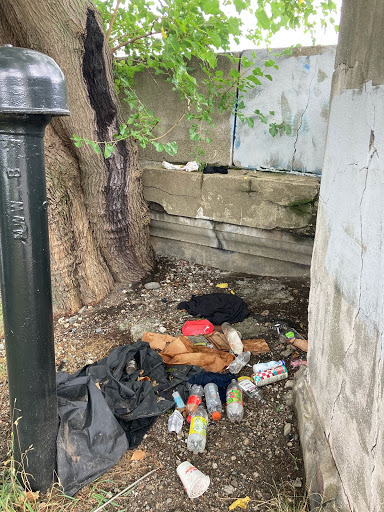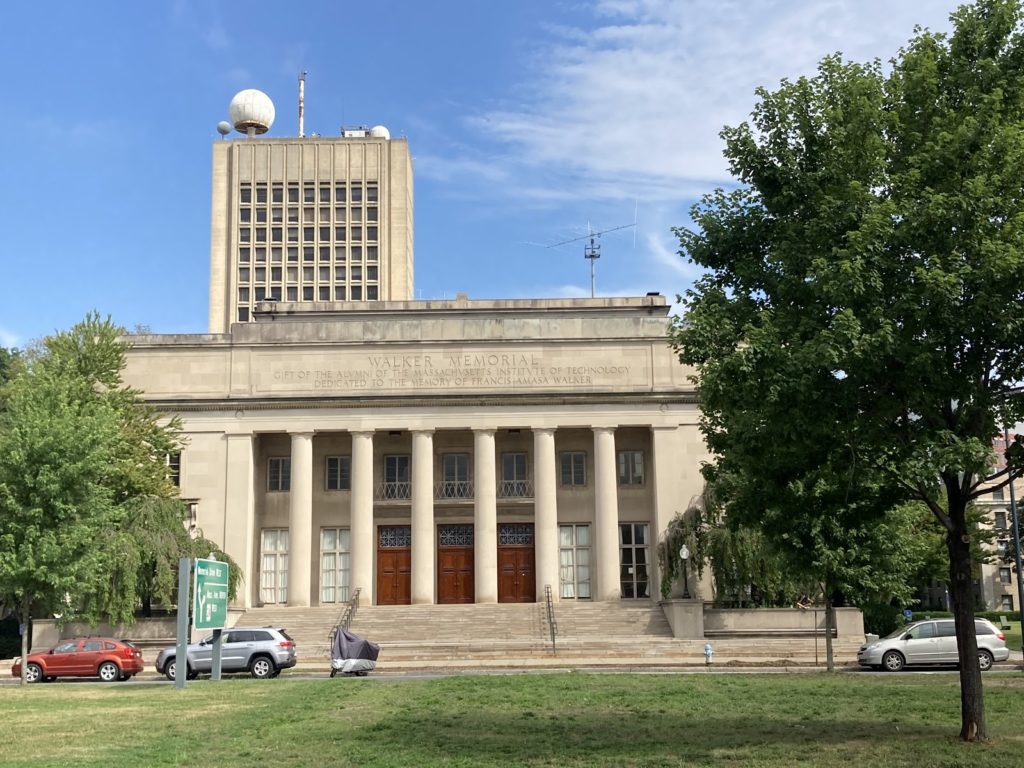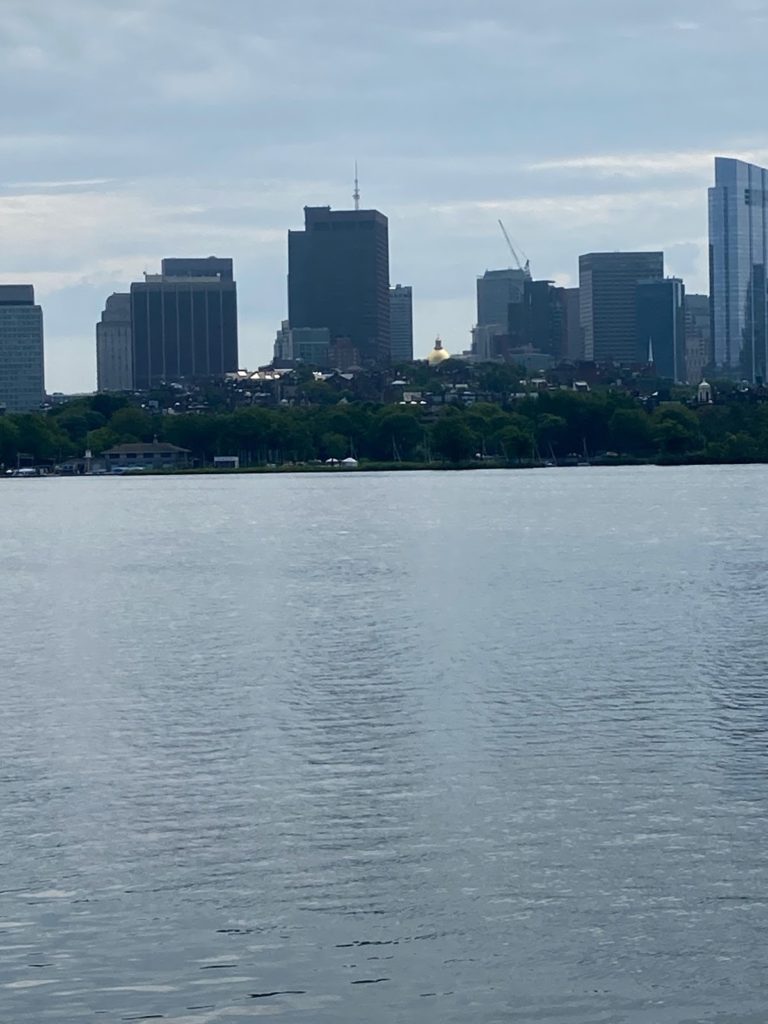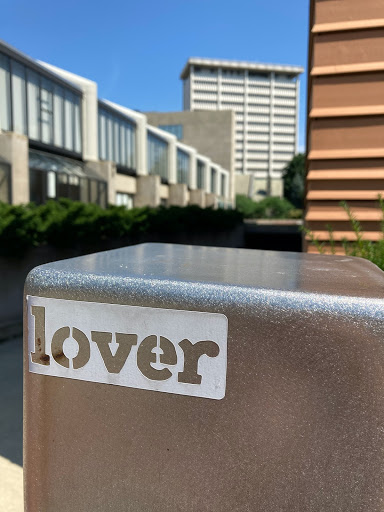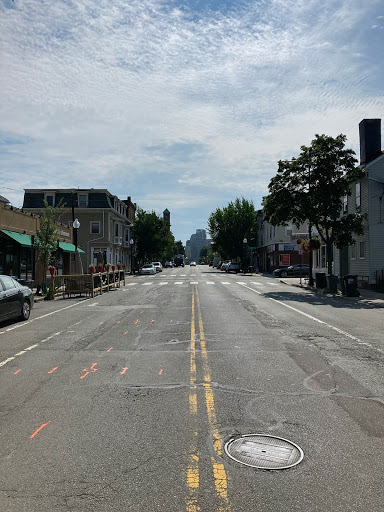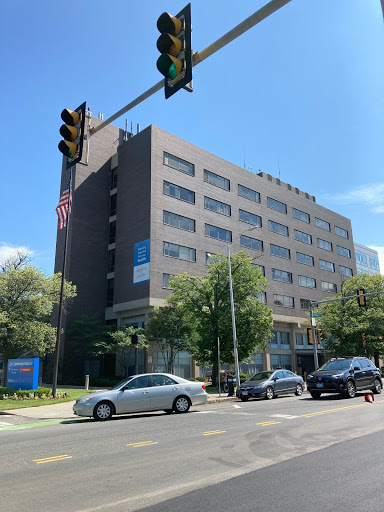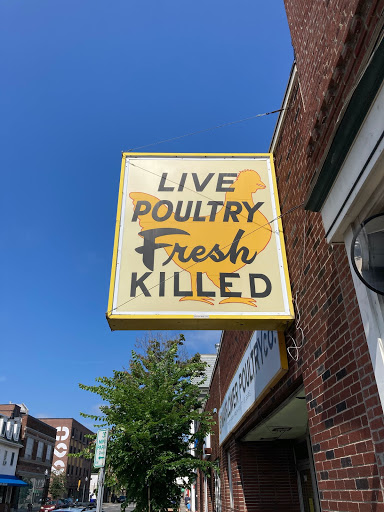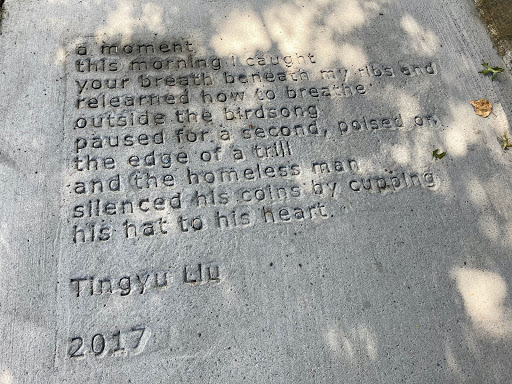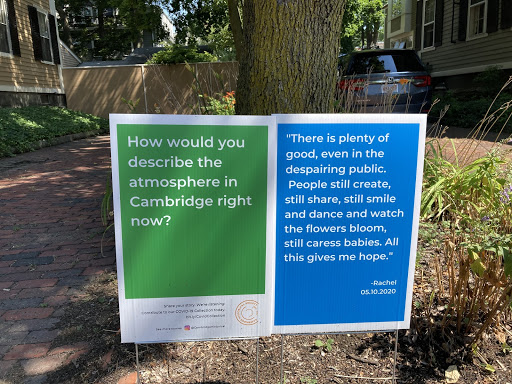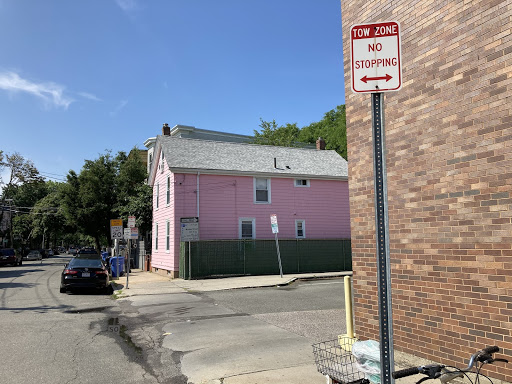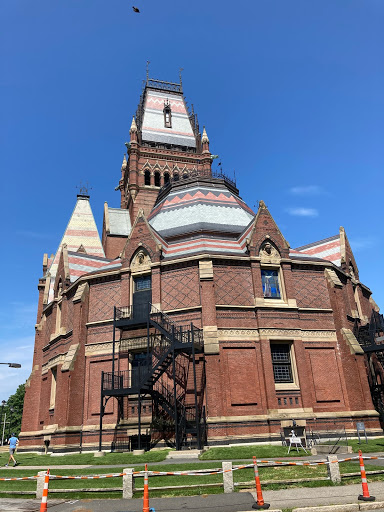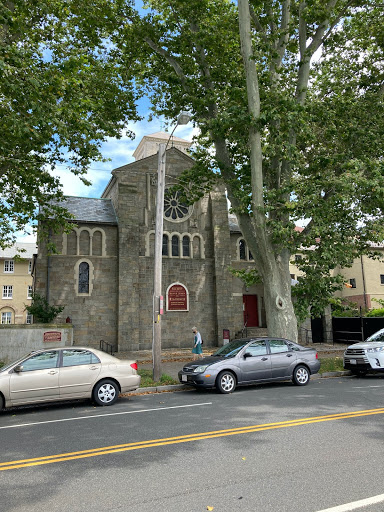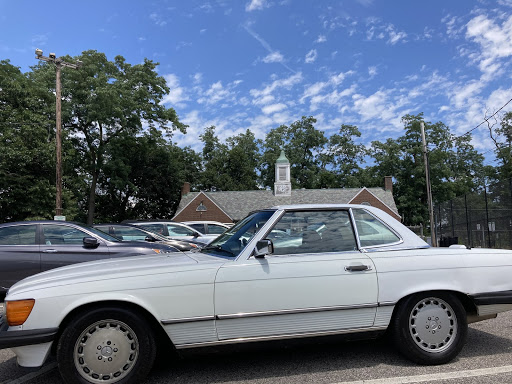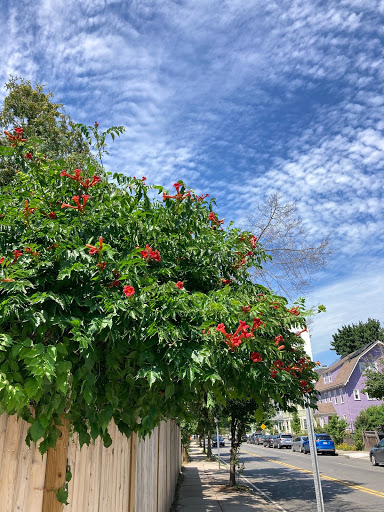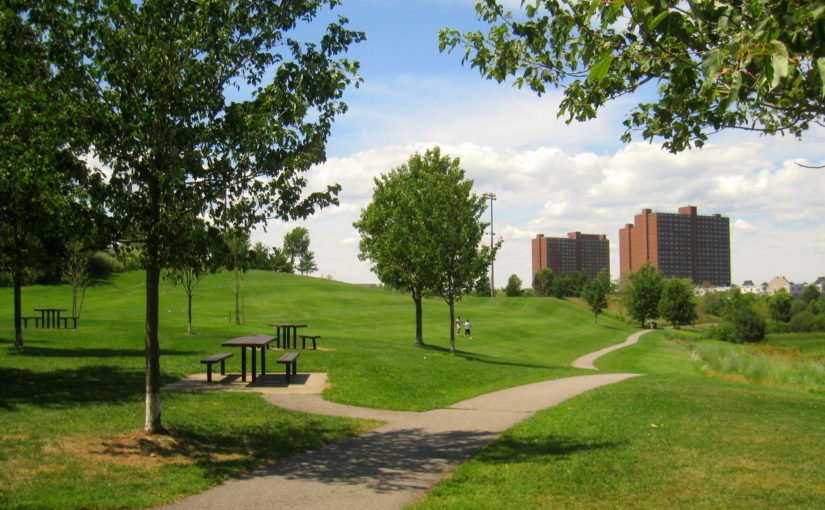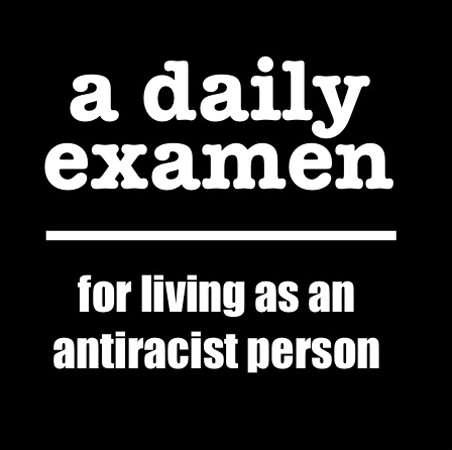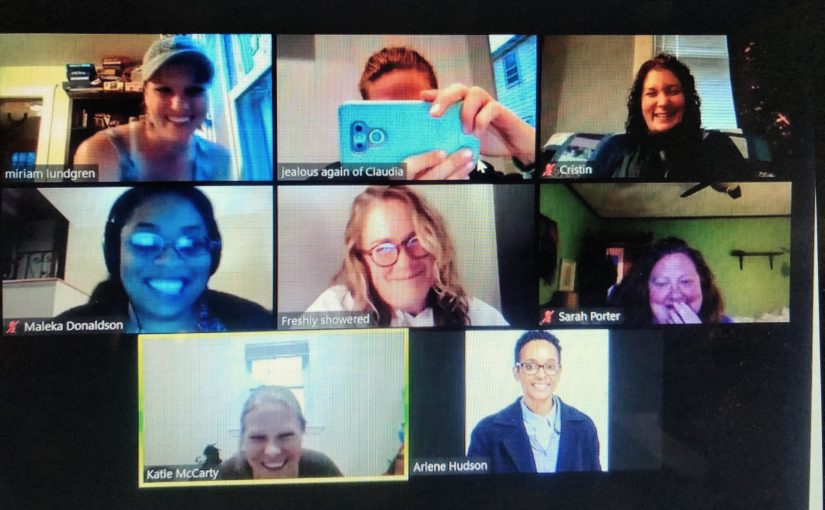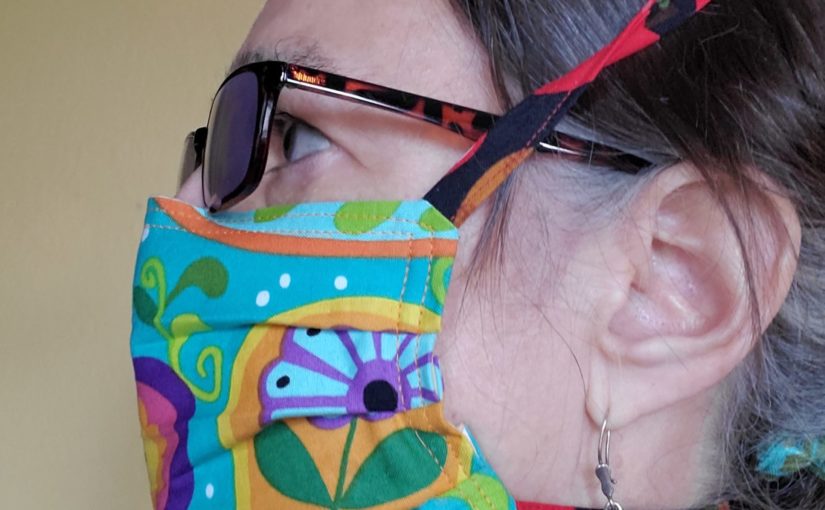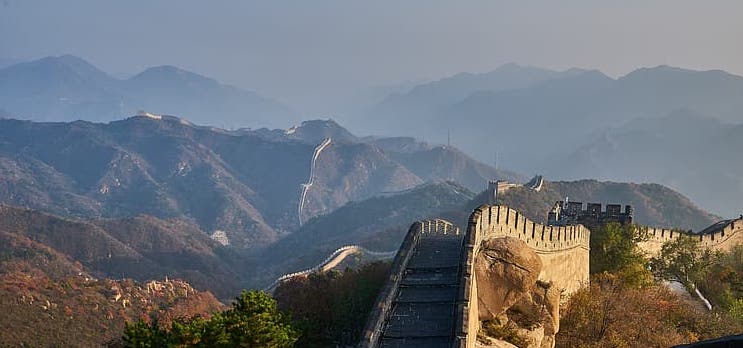My newsletter this week includes a release of a report prepared by our Reservoir Equity Diversity and Inclusion team, known as REDI. REDI is an advisory team to help our staff listen, think, and act to become a healthier church of more profound belonging for everyone in our community, across their full range of experience and identity.
I’m so thankful for each person on the team – Brian Kang, Michaiah Healy, Ian Jackson, Cara Foster Karim, Tara Deonauth, Michelle Phillips, Sue Rosenkranz, Alex Coston, and Lydia Shiu – and for the time, energy, and skill they are investing in our church becoming the beloved community we fully dream of being. A couple of years ago, when our Board first talked about commissioning this team, we didn’t know exactly what would first emerge, but I’m thrilled by the ways our REDI team is listening to our congregation and working with other leaders in our community to make us a church that is more whole, that is worthy of the time and trust of everyone involved.
We are a community who believes all people are made beautifully in God’s image and that God is so in love with us all that God became one of us. So to tend to the safe and equitable experience of belonging of all members of our community is core spiritual work for us. While the rest of my comments will focus on our church, I’ll add that I believe our work to make all our communities places of safety and belonging for all people is a critical call on each of our lives.
When you read this report, you’ll read about some beautiful experiences of belonging at Reservoir. We’re thrilled that so many people have found our community to be a place where their story is treasured and their voice is heard. But you’ll also hear times and moments when people felt excluded, misunderstood, or marginalized among us. I hope you can hear these voices as I do: with tenderness, with sadness, and with hope that we can do better. While less than half of the adults active in our community had the chance to complete this survey, I think the experiences shared are important and representative.
The report ends noting some work already underway in our community as well as recommendations for more. Lydia Shiu, one of our pastors, and a co-leader of the REDI team, has done a fabulous job keeping me and her other colleagues informed about REDI discussions and hopes, and I want you to know that all three of REDI team’s recommendations are consistent with my hopes and our staff team’s thinking. I am glad that each of our church staff are supportive of this work in our church as well. In fact, everyone now has an annual anti-racism goal as part of our work plans, which will continue next year.
At the heart of the bad news of this world, we know that people are marginalized and done violence in many forms because of their race, creed, class, culture, gender, sexual identity, sexual orientation, and more. As a church in America, we face some uniquely horrible legacies around white supremacy, patriarchy, misogyny, and LGBTQ discrimination in our faith and in our institutions. Yet we proclaim again that central to the good news of Jesus, we are told that we are all known and loved by God, and that we are all called to the work of healing, justice, and repair in our lives and in our communities. I hope that this report inspires you to your own part in that work and gives you some appreciation of the journey your church is on as work toward Jesus’ vision of beloved community for us all.
Peace, Love, Courage, be yours today,
Steve


